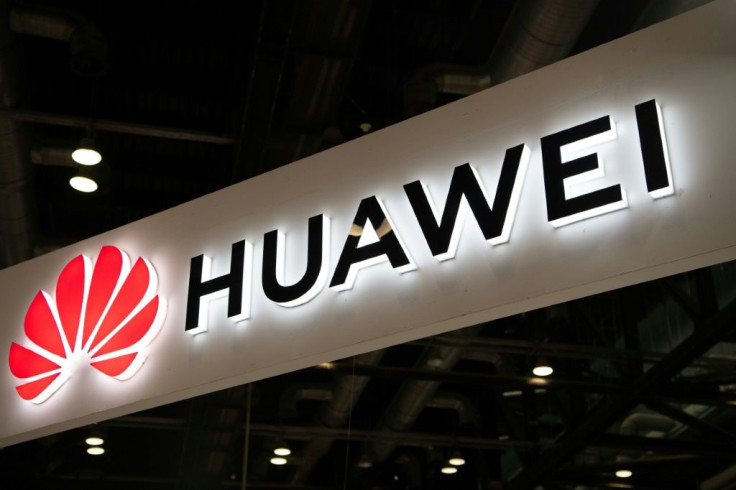UK Rejection Of Huawei In 5G Networks: What Will Be The Impact Of Boris Johnson’s Decision?

British Prime Minister Boris Johnson's decision to purge Chinese telecom giant Huawei from the U.K.’s 5G networks is considered by experts to be a sound security move and one that will have repercussions for Huawei's global ambitions.
Johnson said in January that he would allow Huawei to help develop Britain’s 5G infrastructure, but claimed the company would be banned from “critical” networks and locations such as nuclear sites and military bases. The decision was met with indignation from President Donald Trump, who reportedly lashed out at Johnson in an “apoplectic” phone call in February.
The U.S. has said Huawei could use Britain's 5G network to steal intelligence and hand it over to the Chinese Communist Party. Although Johnson initially brushed off these concerns, some members of his own Conservative Party have pressured him to end the use of Huawei telecom equipment.
One expert said Johnson’s reversal Tuesday was logical and long overdue because the company could use the U.K.’s 5G network to conduct wiretapping attacks.
“Cellular equipment is special, it is specifically designed to be wiretapped and attackers have used this facility to conduct wiretapping attacks,” Nicholas Weaver, a senior staff researcher on computer security at the University of California, Berkeley, told International Business Times in an email.
“Furthermore, the U.K. has previously done a 'trust but verify' approach with Huawei equipment, but they showed they literally cannot verify,” Weaver said.
Weaver added that it made “no sense” that the U.K. would let Huawei develop its 5G network because it is headquartered in a country with an “extremely hostile” government.
Clive Hamilton, an Australian professor of public ethics, has written several books about the Chinese Communist Party, and told IBT in a note that the “decision will give Britain a more secure internet.” He said the move has “saved” the Five Eyes intelligence alliance of Australia, Canada, New Zealand, the United Kingdom and the United States. The Trump administration has previously warned that U.K.-U.S. intelligence sharing could be at risk if Johnson allowed Huawei to develop the country’s 5G network.
Johnson's decision is expected to have a serious impact on Huawei's operations in Europe.
Roger Entner, a telecom expert and the founder of the Recon Analytics consulting firm, told IBT that Huawei's “global aspirations might be impacted in Europe but should not be affected in Asia or Africa.” He said the likelihood of Germany implementing a ban has “increased,” and said France and Italy could also take a harder line.
Trump on Tuesday took credit for Johnson's decision. “We convinced many countries, many countries — I did this myself for the most part — not to use Huawei because we think it is an unsafe security risk. It’s a big security risk,” Trump said at the White House.
The U.K. has denied the Trump administration influenced the ban.
“All sorts of people can try to claim credit for the decision but this was based on a technical assessment by the National Cyber Security Centre,” Health Secretary Matt Hancock told Sky News on Wednesday.
Johnson’s reversal on the issue angered Beijing, with the move possibly having dire consequences on the economic relationship between the U.K. and China.
Chinese Ambassador to the U.K. Liu Xiaoming called the move “disheartening.”
“The way you are treating Huawei is being followed very closely by other Chinese businesses, and it will be very difficult for other businesses to have the confidence to have more investment,” Liu told the Centre for European Reform in London on Wednesday.
The Huawei issue may cause Chinese investors to flee the U.K. From January to August 2019, non-real estate foreign direct investment from China into the U.K. had reached an estimated $8.3 billion, Deloitte data indicated.
© Copyright IBTimes 2025. All rights reserved.





















